Jason Goodwin: On 1930s gardeners, the tragedy of tree diseases and the sexual habits of earthworms
Our columnist Jason Goodwin is handed a gem of the past, only for it to lead him to a dismal realisation about his local woodland.
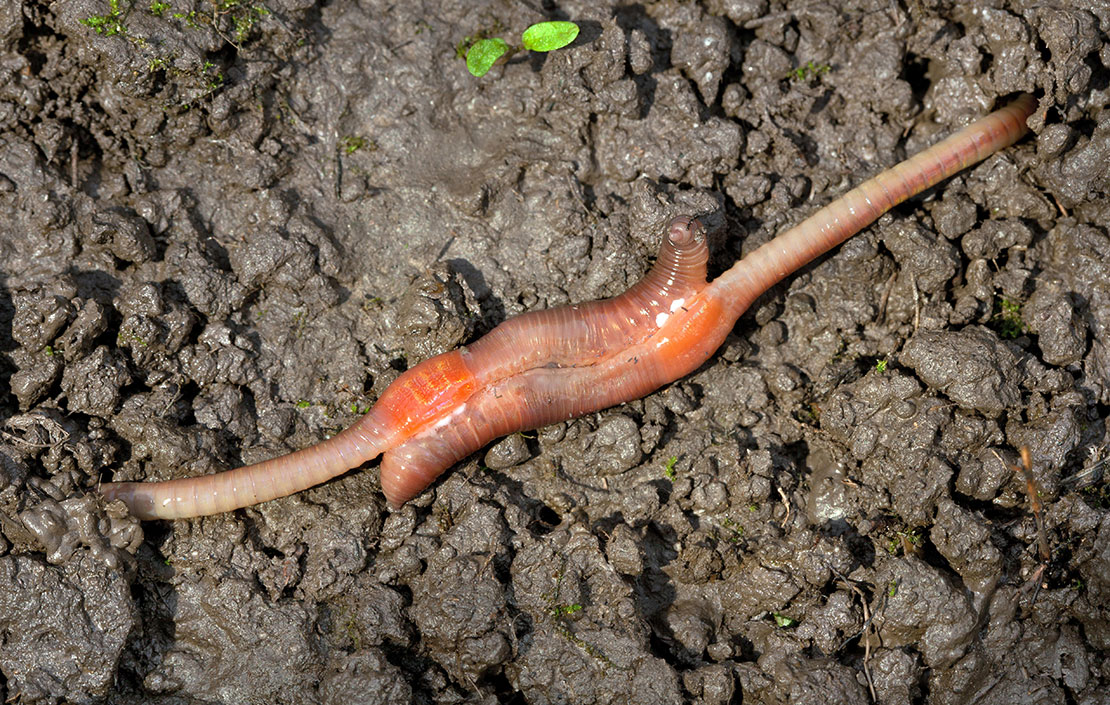
An old friend gave us a beautiful book this Christmas: Four Hedges by Clare Leighton, which accounts for a year of making a garden on a cold slope of the Chilterns. The year is 1935 or thereabouts, when the book was first published.
Leighton wrote the text and provided the illustrations, 50 or more woodcuts, each of them revelling in the forms she finds about her: a hen thrush on her nest, a slug on a leaf, a spray of gooseberries, a frog. July is a man in a flat cap, sharpening his scythe; January an axe in a stump, blue tits on the hopper, snowdrops, Iris stylosa and Christmas roses.
She talks about the sound of wind in the trees – the roar in the elms, the swish of the poplars – and about the way each species moves in the wind, circling, shaking or bending.
She and her partner have taken on a new plot, on the edge of the hill, and are working to turn a meadow into a garden. The underlying chalk is hard as rock: Noel takes the bicycle down to the plains and returns with a sack of brown earth for planting lupins.
It being the 1930s, they have a gardener, who signals the arrival of spring by removing the string he wears around his waist to stop the wind going up the back of his jacket. They have a daily, too, who keeps them informed about the weather and local traditions.
'It works its way down the branches, just eating them up from the inside.'
Leighton is an acute observer of the natural world. ‘The coupling of earth worms,’ she writes, ‘is a beautiful thing to watch. The pair emerge from the ground at points about nine inches apart and move towards each other, until they embrace, leaving half their length still under the earth.
‘Thus they remain, blissful and unmoving, until the slightest vibration reaches them, when they withdraw from each other into their holes; for earth worms are shy lovers.’
Exquisite houses, the beauty of Nature, and how to get the most from your life, straight to your inbox.
The grass, she notes, ‘is patterned with them’.
They mow the orchard with the scythe and plant and plant: hundreds, thousands of bulbs, new trees brought in winter by the carter, walnut and apple, mulberry and plum. She acknowledges how the trees will change the shape of the landscape forever and puts in 12 chestnuts to hide her neighbours and bring ‘future shade for our treeless lane’.
With the chestnuts come two elms. It is the saddest line in the book: ‘The two new elms,’ she says, ‘will overshadow this house long after we are both dead.’
Not so.
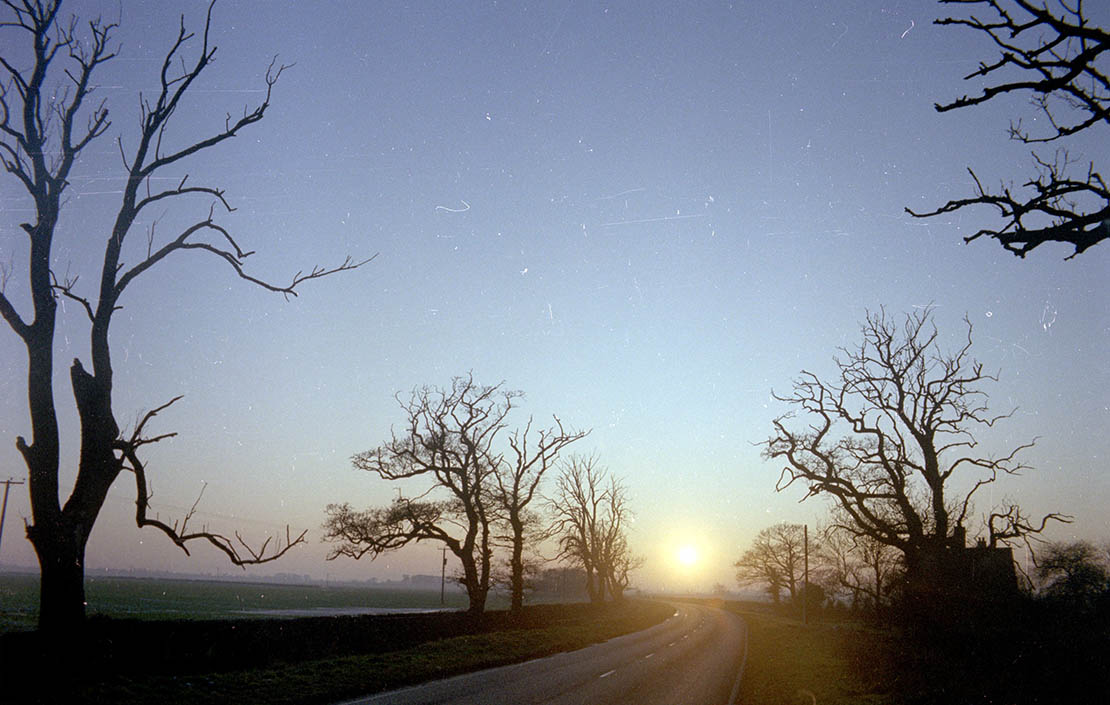
There is a stretch of our own valley, where the hills grow flatter and open out, that can seem particularly bleak on a winter morning. Fifty years ago, it was woolly with elms; 400 years ago, the joists and rafters of our house were made of them and the broad planks sawn from them. Now, they grow ragged in the hedges, reaching 15ft or 20ft before they wither again and die.
Last week, a tree man asked to leave his car here while he carried out his five-year survey for the Forestry Commission. He was gone all morning and, when he came back, he carried a branch, tipped with familiar black buds like the hooves of Spanish pigs.
‘Here’s your dieback,’ he said, showing us the bruise along the tight, smooth bark. ‘It’s in all the ash round here. It works its way down the branches, just eating them up from the inside.’
‘How long can a tree survive it?’
‘They’ll all be dead in 10 years, I reckon.’
That’s the woods gone, then, beyond the garden wall; gone the cathedral ash at the head of the coombe, just before the grazing on the hill; and the hedgerow down to the village, gone. 
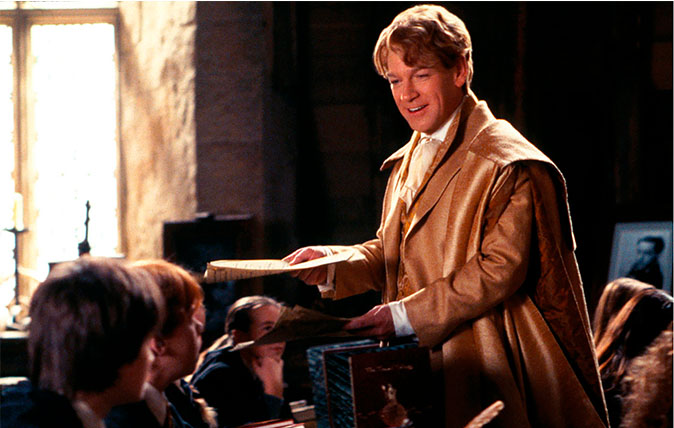
Credit: Alamy
Jason Goodwin: 'Our headmaster was more Gilderoy Lockhart than Dr Arnold'
The graduation ceremony of Jason Goodwin's son reminds our columnist of the latin prayers which were so prolific in his
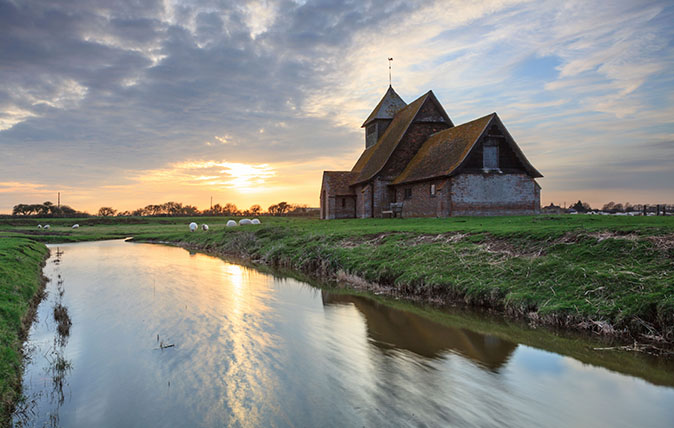
Jason Goodwin: 'On our watch, the natural glories of our island have been atrociously depleted'
Our columnist Jason Goodwin laments the staggering decline of British wildlife and the depletion of our island's natural glories.
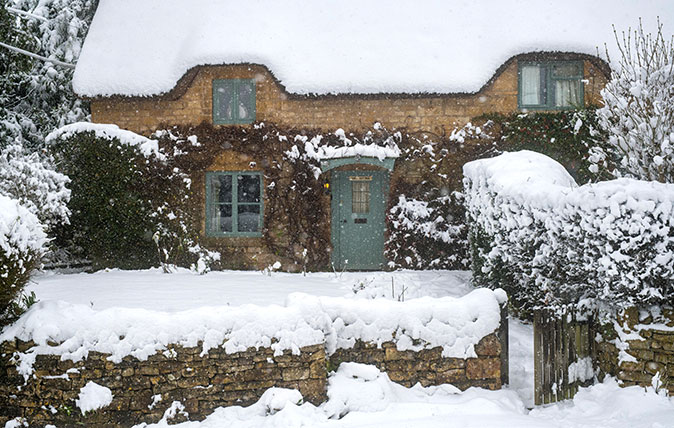
Credit: Tim Gainey / Alamy Stock Photo
Jason Goodwin: ‘The only sounds were the yawning of dogs, the spitting of logs in the fireplace and the occasional papery gulp of somebody turning a page’
Snowed in and without power, Jason Goodwin was left to live a medieval lifestyle that was rejuvenating and romantic... but
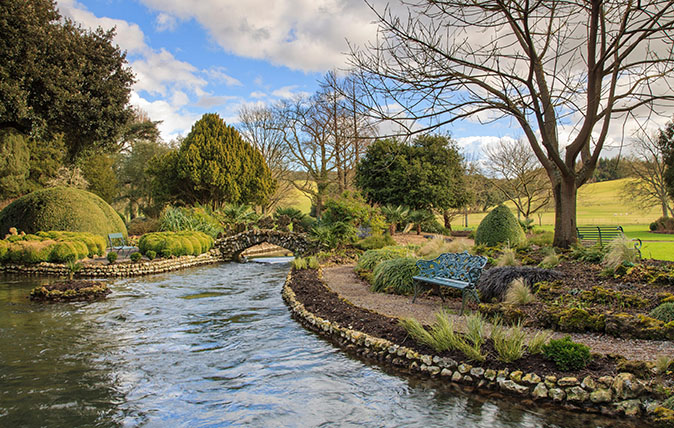
Jason Goodwin: 'The legal and democratic system that flourishes across a third of the world was hammered together on these shores'
Jason Goodwin reflects on the present's increasing ability to reflect on the past, whether through radio programs, photograph albums or